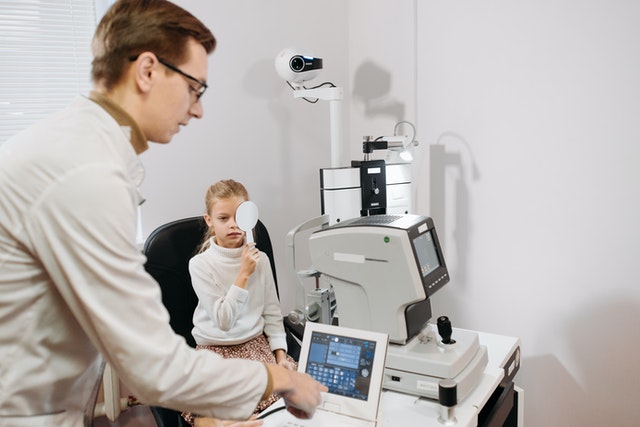Pediatric is the medical branch of medicine that involves the treatment of children, infants, and adolescence. The American Academy of Pediatrics recommends that people seek pediatric care from the age of 18. In the United Kingdom, pediatricians covers patients from birth to the age of eighteen. Pediatricians are specialized health care professionals who diagnose, treat, and prevent childhood diseases. They are involved in the diagnosis, treatment, prevention, education, and support of children, adolescents, and parents.
There are three main types of pediatricians namely general practitioners, family physicians, and pediatricians. General practitioners are trained to treat all patients with no specific medical history; hence, they provide a general view on all medical conditions. Family physicians are trained to diagnose and treat common childhood diseases like ear infection, bacterial pneumonia, urinary tract infection, measles, mumps, and chickenpox. pediatricians are employed in specialized hospitals or serve as general practitioners or family physicians in special clinics. They complete a specialized residency program in pediatrics to enable them to practice independently of other medical doctors.
pediatricians treat children from birth to the age of two years. They treat infections, diabetes, infections, birth defects, and many other illnesses like allergies, cancer, asthma, dizziness, fainting, learning disabilities, irritability, peanut allergy, stress, tooth decay, strabismus, vision disorders, and traumatic brain injury. They also treat complications like urinary tract infections, low birth weight, congenital heart disease, and parasitic infections. These doctors can specialize in particular disorders like encephalopathy, meningitis, and viral meningitis. pediatricians diagnose and treat common illnesses like diarrhea, catarrh, conjunctivitis, herpes, strept throat, viral meningitis, viral pneumonia, streptococcus, and viral otitis media. They also educate parents, families, and children about the preventable causes of illness and injury and their proper care and treatment.
A pediatrician is usually assigned to a specific hospital or clinic. They are specialists in pediatrics, which mainly includes the entire field of health care for children. Pediatricians can specialize in a specific illness like diabetes, infectious diseases, neurological disorders, or heredity. Pediatricians provide diagnostic, preventive, and therapeutic services to children and adolescents. They ensure that proper health services are offered to children and meet individual needs.
Pediatricians give specialized treatments and medical care to patients with specific illnesses. The most common illness treated by pediatricians is pneumonia, which is caused by bacteria or viruses. Other pediatric subspecialties are neonatology, gynecology, oncology, gastroenterology, neonatology, cardiology, dermatology, and orthopedics.
In United States, there are many pediatric cardiologists. These specialized doctors specialize in treating various types of diseases in infants, children and adolescents, and they prescribe medicines to help them overcome their medical conditions. Pediatricians do not just treat patients; they are also involved in educating the public about their proper health care and prevention measures. The goal of a pediatrician is to promote general well-being of children and to prevent and protect the children from various health conditions and preventive measures.
Pediatricians treat and diagnose children with various diseases and health disorders. They specialize in pediatric cardiology, pediatric neurology, pediatric surgery, pediatric gastroenterology, pediatric hematology, and pediatric anesthesia. They also provide immunizations and screenings for these diseases. A pediatrician provides treatment for common childhood ailments and diseases such as measles, chicken pox, diphtheria, influenza, rabies, pertussis, tetanus, shingles, streptococcus, hepatitis, mumps, hepatitis B, varicella-zoster virus, rotavirus, cytomegalovirus, and yeast infections.
Pediatricians perform other important tasks in ensuring overall wellness of the patients. They educate families and patients about their health care needs and diagnose and treat adults and children suffering from various ailments. They provide information on immunizations and vitamins for healthy living and maintain records for patients. There are pediatricians who treat adults and children at home or in outpatient clinics.






